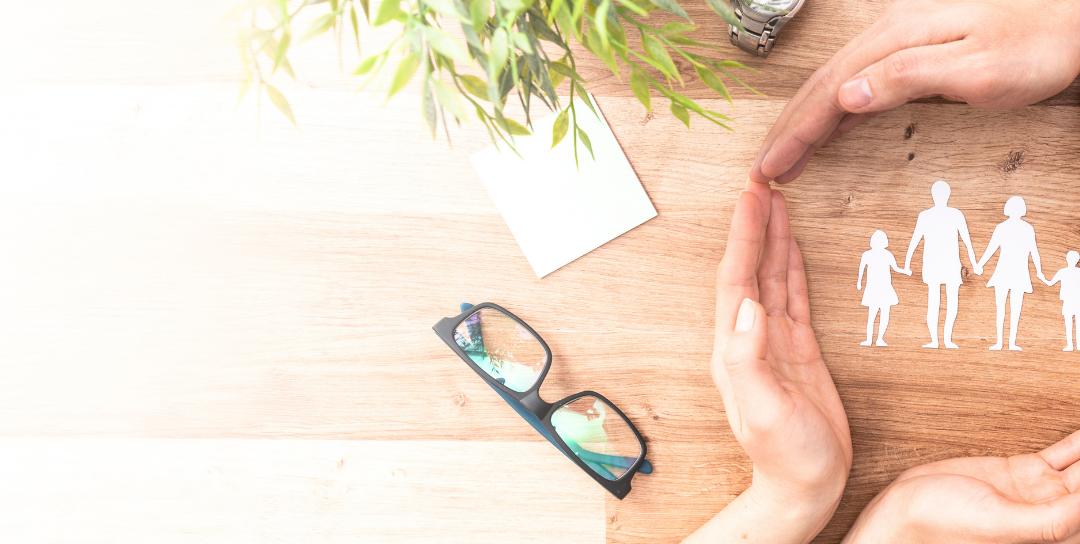Take stock of your mental health: its a lot.
Its A LOT. That is what I’m hearing my clients say more than ever. Six months ago, folks were saying they were bored, sad, lonely, or frustrated. Today they have no more words…just A LOT.
After more than two years in a pandemic and weathering several lockdowns in Ontario, the mental health of kids, teens, adults, and seniors are suffering. There has been almost 38k deaths due to Covid in Canada however, there are likely many more associated. Deaths from suicide, lack of treatment and downright loneliness have absolutely been an invisible victim in this pandemic. While the incidence of suicide actually declined in 2020, this may be in part due to the fact that people were home more and therefore closer to loved ones needing support. “We’re all in this together”, we have been hearing. While suicide may have decreased, the levels of distress for many more has increased.
As a therapist and coach, many of my clients who had never experienced anxiety or any sort of mood disorder before have suddenly found themselves struggling with feelings of dis-ease, disrupted sleep, racing thoughts, and loss of enjoyment in things they used to love doing. While not necessarily diagnosable by the DSM-5, they certainly indicate a declining level of wellness. Humans are social beings and locking us up for a year has had a mental health impact on us in the most imperceptible ways.
Those in leadership positions are also struggling as they try to support teams who have moved virtually. Never has there been a time in history that a workforce has worked so remotely, and most leaders were not prepared for March 2020 to support a scattered team. Leaders have had to check their level of trust on their team, be creative in how they connect with and through their team and how to keep team members engaged. Leaders have also had to pivot their leadership game by ensuring they take care of themselves in this crisis. As the adage goes, leaders are part of this pandemic so need to, ‘put on their oxygen mask first.” Teams have been looking to their leaders to guide them with the constantly changing rules and risks. Leaders have had to learn to lead differently in this virtual world. What used to work in the office, no longer does in the virtual arena. Additionally, many companies became much more fiscally conservative which for some, created increased workload on team members or even layoffs and downsizing. As a leader this can be extremely hard to manage within a highly ambiguous, complex and uncertain future.
Gone are the days of the informal watercooler chat, now replaced with a set time Zoom call. Not only has Covid robbed us of the usual chit chat at work, its increased our risk for body dysmorphic disorder as we stare at ourselves through video calls all day. Visits to plastic surgeons have increased. Where once we were focused on collaborative brainstorming at work, we are now concerned with our wrinkles and frown lines. As if anxiety and loneliness weren’t enough, we’re also struggling with self-love.
A recent article published in the NY Times discussed how we are all feeling in one word; languishing. I received this article from several friends as well as discussed with clients. They all said the same thing, “This describes how I have been feeling.” While it is helpful to finally figure out what is wrong, I also think it’s good to acknowledge that it’s okay to not be okay. We’re not ok. Everything is A LOT right now.
Our mental health has been impacted by the pandemic so deeply I worry about how long it will take to undo the damage. How long will it take us to stop wondering if we are six feet apart or if there are too many people in this room?
I have tried to see the ‘gifts of Covid’ as I call them. I have tried to help others see the possibilities amongst all this grey. This may include spending more time with family, being able to be home more, or less time commuting. Whatever your gift may be, I hope that we take the learning and reflection from this experience and keep it for our future once things return to normal. Nothing like a good crisis to make us take stock of what really matters in life.
The best advice I heard for dealing with the pandemic is the following: eat well, sleep well, exercise, learn something and do something kind for someone else. As this pandemic rages on, I will continue to do my best eat well (albeit a chocolate cupcake in there to help me cope), sleep my 7hrs a night, exercise with my daughter every day (gift of Covid!), learn where I can and ultimately never lose this piece; continue to be kind and do nice things for others…even after the pandemic has ended. If you need more, here are 61 additional tips to take care of yourself while we wait out the end of this pandemic.
May is mental health awareness month. Remember to take care of yourself by doing what you can, with what you have, with where you are at. It is A LOT. If you need support to navigate your new normal, please don’t hesitate to reach out for a consult to see if we’re a good fit and how I can help support you.

Recent Comments